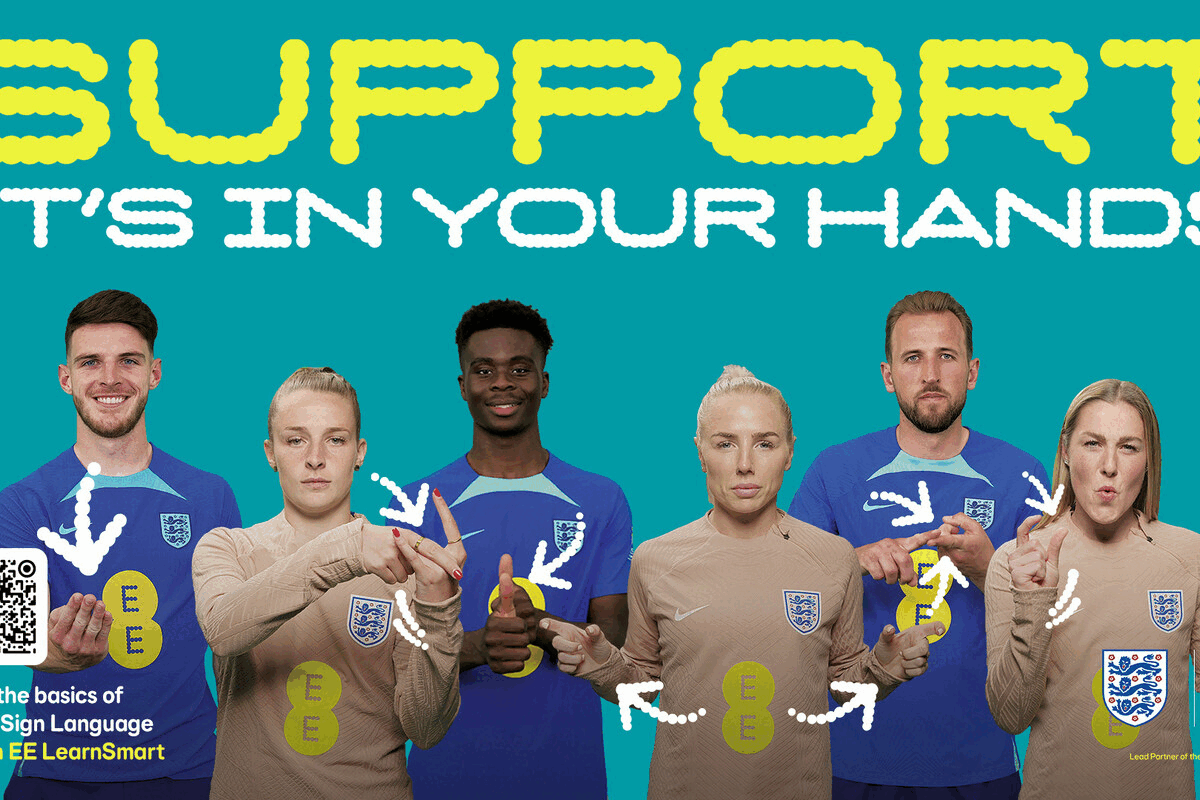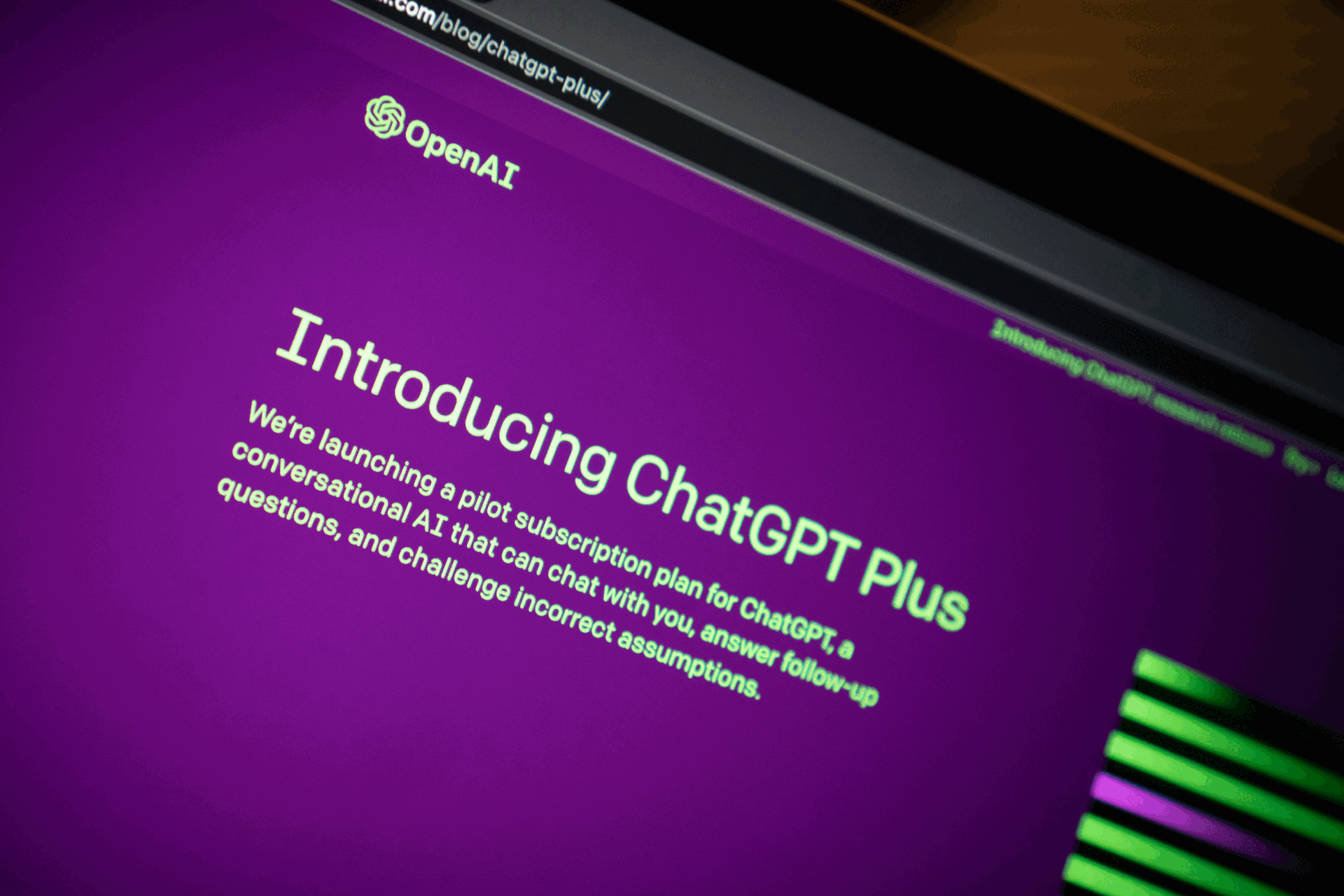YouTube under fire from more than 80 fact-checking bodies for failing to halt the spread of false information
- Wednesday, January 12th, 2022
- Share this article:
 YouTube has come under attack from a group of more than 80 fact-checking organisations for failing to halt the spread of misinformation and disinformation worldwide.
YouTube has come under attack from a group of more than 80 fact-checking organisations for failing to halt the spread of misinformation and disinformation worldwide.
The groups, including The Washington Post Fact-checker in the US and UK fact-checking charity Full Fact, claim that YouTube has up until now largely escaped criticism “despite fact checkers seeing problematic content daily on the platform.”
In ab open letter to YouTube CEO Susan Wojcicki signed by the groups, they note how destructive disinformation and misinformation can be for social harmony, democracy, and public health, but say they do not see much effort by YouTube to implement policies that address the problem.
“On the contrary,” the letter says, “YouTube is allowing its platform to be weaponized by unscrupulous actors to manipulate and exploit others, and to organize and fundraise themselves.”
The letter cites examples of how YouTube has been used to spread false information, including YouTube video seen by millions that encouraged them to boycott vaccinations or treat their COVID-19 infections with bogus cures; the use of YouTube to amplify hate speech against vulnerable groups in Brazil; false content with over 2m views denying human rights abuses and corruption during the Martial law years being used to burnish the reputation of the late dictators son in the Philippines; and YouTube videos supporting the “fraud” narrative regarding the US presidential election, which were watched more than 33m times from the eve of the election to the day after.
The letter urges YouTube to work with the world’s independent, non-partisan fact-checking organizations to take effective action against disinformation and misinformation, and to elaborate a roadmap of policy and product interventions to improve the information ecosystem.
It proposes four solutions. A commitment to meaningful transparency about about disinformation on the platform, with YouTube supporting independent research about the origins of the different misinformation campaigns, their reach and impact, and the most effective ways to debunk false information.
Beyond removing content for legal compliance, a focus on providing context and offering debunks, clearly superimposed on videos or as additional video content.
Taking action against repeat offenders who produce content that is constantly flagged as disinformation and misinformation, particularly those monetizing that content on and outside the platform.
And extending current and future efforts against disinformation and misinformation in languages different from English, and providing country- and language-specific data, as well as transcription services that work in any language.
We have contacted YouTube for a response to the letter.
















